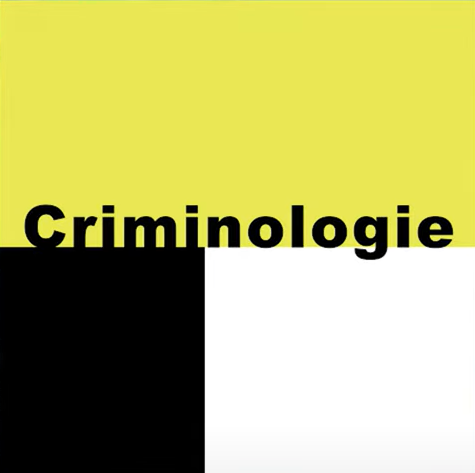This article analyzes the judicial trajectories of women who participated in a Justice–Mental Health Support Program (PAJ-SM). The study examines how these programs translate women’s vulnerabilities into categories of intervention, focusing in particular on psychiatric diagnoses, imposed judicial conditions, intervention objectives, and recidivism rates. The study is based on a comparative analysis of 988 judicial files from 10 mental health courts in Quebec, selected through stratified sampling, and integrates judicial and police data to compare the trajectories of women and men involved in these programs. The results reveal a strong overrepresentation of borderline personality disorder diagnoses among women, a tendency toward standardized intervention plans, and supervision based on individual accountability frameworks. Far from neutral, these programs mobilize gendered behavioral expectations, valuing compliance, stability, and cooperation, while overlooking contexts of precarity, victimization, or structural violence. This work highlights the tensions between care and control and underscores the need for greater sensitivity to gendered social relations in the assessment and adaptation of so-called therapeutic judicial practices.
This fifty-fourth episode features an interview with Maude Boucher-Réhel.
For more details:

Attention - Votre version d'Internet Explorer est vieille de 21 ans et peut ne pas vous offrir une expérience optimale sur le site du CICC. Veuillez mettre à jour votre ordinateur pour une expérience optimale. Nous vous recommandons Firefox ou Chrome, ou encore ChromeFrame si vous êtes dans un environnement corporatif ou académique dans lequel vous ne pouvez pas mettre à jour Internet Explorer.